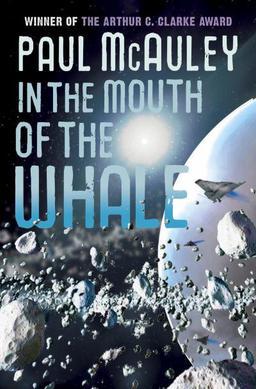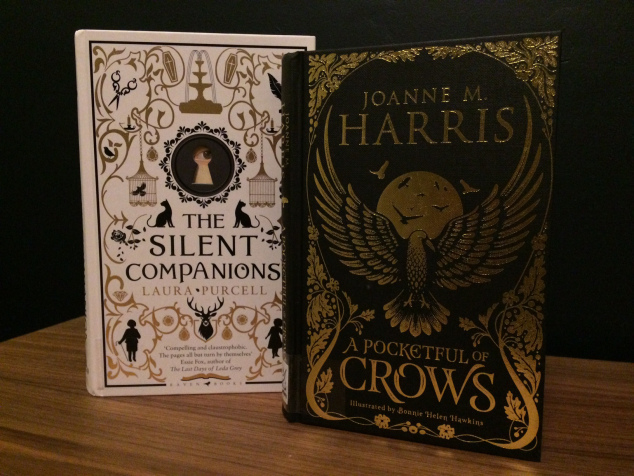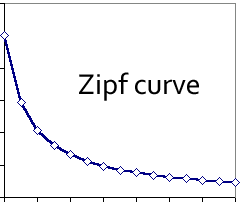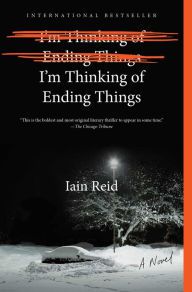
What it’s about: A thousand years after the events of Gardens of the Sun, a war is taking place in the distant Formalhaut system, with the dictatorial and militaristic True Empire and their Quick slaves battling the descendants of the transhuman Ghosts. Amidst this, a ship bearing the consciousness of Sri Hong Owen approaches ever closer, bringing with it a promise of transformation.
Notes:
- The Quiet War universe of books moves into the distant future with this third book, the worldbuilding of which I think actually trumps the near-future intrigue of the first two books in its audacity and sheer sense of vertiginous alienness. While the first two books strove to maintain some connection to contemporaneous Earth, the societies and polities depicted in Whale are indubitably strange, and yet familiar in how the chords of human nature play out even millennia in the future under the light of a different sun.
- The polities depicted in Whale, particularly the True Empire and its slaves, the Quicks, are a sobering example of McAuley’s prognostications on what the terrible things that can happen when people obtain the power to bioengineer life at this level of sophistication. The baseline-human-fetishizing Trues have an overwhelming belief in their own superiority to the post-human Quicks, to the extent that they see Quicks as less than human and have free rein to treat them in the most inhuman ways possible, tweaking them without restraint to serve as their slaves and playthings for their most depraved pastimes. The True Empire, themselves, live across a smattering of planetoid bodies; their society is rigidly hierarchical, clannish, and militaristic, and they employ technologies they do not fully understand, that lend the book a kind of space fantasy vibe, what with various references to harrowing of Hells and purging of demons (essentially, entering virtual audio-visual representations of data structures to eliminate lethal computer viruses that have the annoying habit of downloading themselves into your brain and driving you insane).
- That said, one gets the sense that, once again, McAuley lets his worldbuilding get way ahead of this storytelling. Narrative progression is essentially a vehicle for McAuley to introduce all his interesting sf concepts, and as one gets closer to the end, one can sense McAuley struggling to find a way to resolve the plot threads. At the very end, the story just runs out of steam and the collapse of the True Empire is relegated to a few passages without a clear link between the events of the book and the ending. Ultimately, despite all the cool concepts being flung around, reading the book didn’t give me that much satisfaction in reading a self-contained story with a clear sense of what it wanted to say. It’s like watching the beginning of a race, then skipping all the way to the finish – you don’t really have a sense of how the winners got to the front.
Verdict: Suffused with McAuley’s by-now signature imaginative power but lacking a compelling sense of story, In the Mouth of the Whale never really lives up to the potential of its fantastic sf premise.
I give this: 3 out of 5 bush robots
Advertisements Share this:




